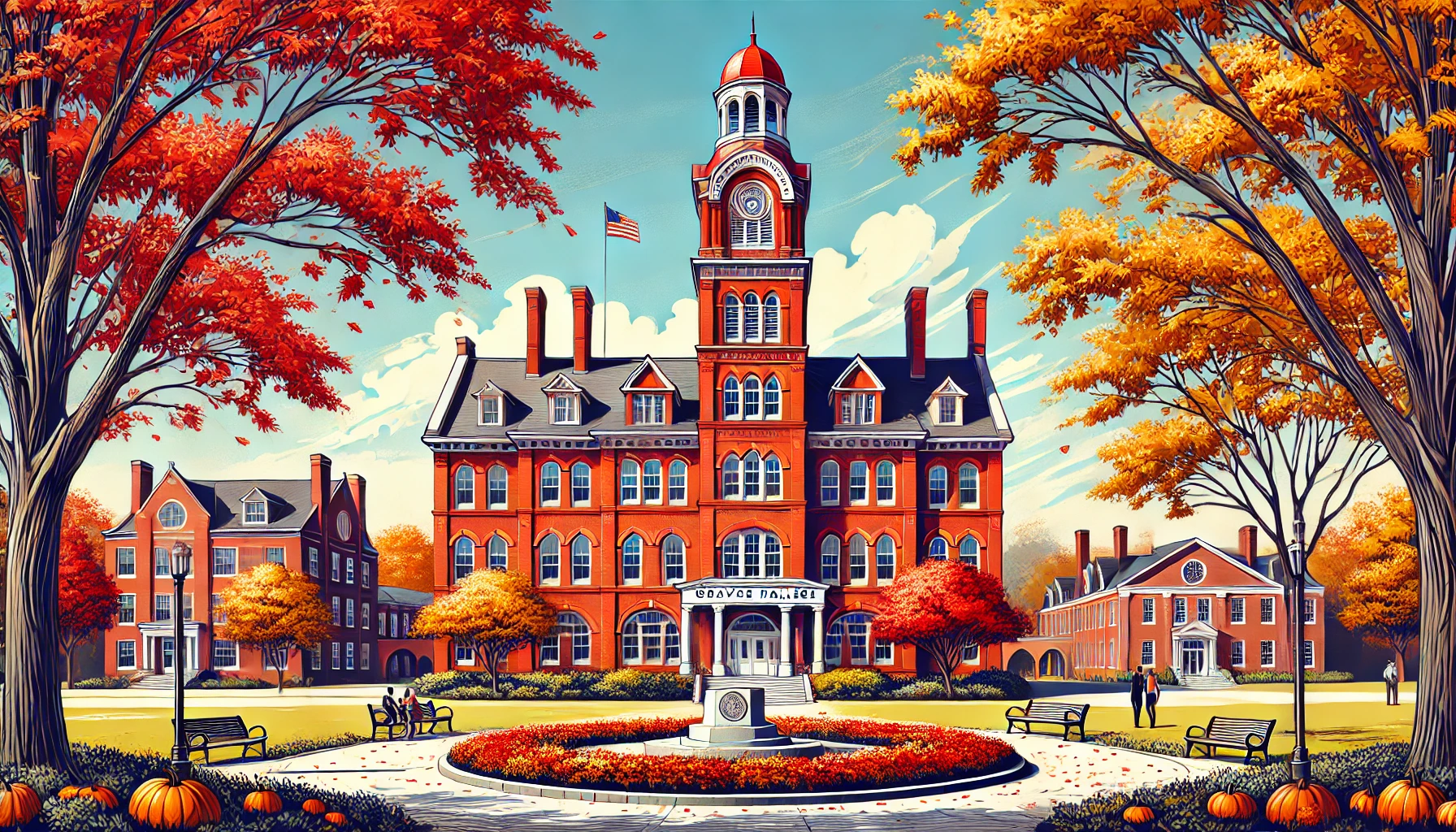
HBCU Financing: FSA Title IV Volume Reports
How do HBCU's use Direct Loans, Pell Grants, PLUS, GradPLUS, the GI Bill, and DoD TAP? Searching for answers with the FSA's Title IV Volume Reports.
The book “A Dream Defaulted” was excellent and I really enjoyed its user-interviews that explored how taking on college debt is often a multiple-family-member conversation. Chapter 2 is titled “Off to College, Into the Red” and explores the worrying rise of PLUS loans at HBCU’s:
PLUS loans represent a Faustian bargain for Black parents: if you want to send your child to college, you have to take the financial hit. The necessity of PLUS loans for Black families was never made more clear than in 2011, when the Department of Education tightened the credit eligibility for PLUS loan borrowers. Overnight, Black parents were unable to pay their children’s tuition bills. Olympia remembers that year vividly. “I remember when the Obama administration had created more strict requirement on Parent PLUS loans. And I think my mom had got denied at first. We were like “Oh, we need this money. What’s going on?” And we were kind of freaking out. And it ended up getting fixed in the end, but I think that was one of the scariest moments where we were kind of unsure if I would be able to finish. Because if that loan didn’t go through to pay for whatever it needed to pay for - and my parents didn’t really have at that time extra money to just pay out of pocket. I mean they just had a mortgage. They had car payments. And I think we had a lot of financial strain at that point in my college career. So if it wasn’t for Parent PLUS loans, I probably wouldn’t have finished, or I would have had to take out a private loan. (pg40)
I was curious if the FSA’s Title IV Program Volume Reports could show, over time and at high-resolution, PLUS and Grad PLUS origination trends at HBCU’s. From a data perspective, the good news is that they can, and below (in the Appendix) I’ve charted PLUS borrowing originations at 98 HBCU’s from 2010-2023.
Quick Summary of Origination Trends
Below are four area charts: the first one is a composite, summarizing originationas across all 98 universities IPEDS’ flags as HBCUs. The accompanying 3 charts (Spelman, Clark Atlanta, and Morehouse) illustrate large originations of PLUS loans relative to Direct Loans.
Appendix:
Below, in descending order, are charts illustrating how 98 HBCUs have originated Direct Loans, Pell Grants, PLUS Loans, GradPLUS, the GI Bill, and DoD Tuition Assistance, between 2010-2023. There is no “one-size-fits-all” mold for originating each of the six financial ingredients to craft a class, but there are some interesting trends and patterns:
1. Howard University
2. Southern University System
3. Texas Southern University
4. Florida A&M University
5. North Carolina A&T University
6. North Carolina Central University
7. Jackson State University
8. Prarie View A&M University
9. Clark Atlanta University
10. Morgan State University
11. Tennessee State University
12. Grambling State University
13. Hampton University
14. Alabama A&M University
15. Norfolk State University
16. Virginia State University
17. Albany State University
A significant spike in both Direct Loans and Pell Grants in 2015 (likely related to the merger with Darton State College)
18. Alabama State University
19. Xavier University
20. Tuskegee University
21. Winston-Salem State University
22. Delaware State University
23. Bowie State University
24. Fayetville State University
25. Savannah State University
26. Meharry Medical College
27. Bethune-Cookman University
28. AlcornState University
29. Spelman College
30. South Carolina State University
31. Morehouse College
32. Fort Valley State University
33. University of Maryland Eastern Shore
34. Benedict College
35. University of DC
36. Lincoln University (Pennsylvania)
37. Claflin University
38. Mississippi Valley State University
39. Central State University
40. University of Arkansas at Pine Bluff
41. Morehouse School of Medicine
42. Shaw University
43. Langston University
44. Virginia Union University
45. Coppin State University
For reasons I have yet to figure out, Coppin State University’s full 2018 origination data was not reported in the FSA dataset - the row for Coppin State is strangely not there.
46. St Philip’s College
47. Johnson C Smith University
48. Miles College
Some quick financial aid trivia: the CSS Profile was invented by John U. Monro, who cared deeply about college access, and left his career at Harvard to teach at Miles College.
49. Lincoln University (Missouri)
Note: there is another Lincoln University, that is also an HBCU, above, but that Lincoln University is in PA and this one is in MO.
50. Elizabeth City State University
51. Kentucky State University
52. Lane College
53. Dillard University
54. Oakwood University
55. Livingstone College
56. Morris College
57. West Virginia State University
58. Florida Memorial University
59. Saint Augustine’s University
Q: Hmmm, why did the data dropout for 2023-24?
A: In One Week, Saint Augustine’s U. Lost an Accreditation Fight, Fired Its President, and Saw a Faculty Revolt.